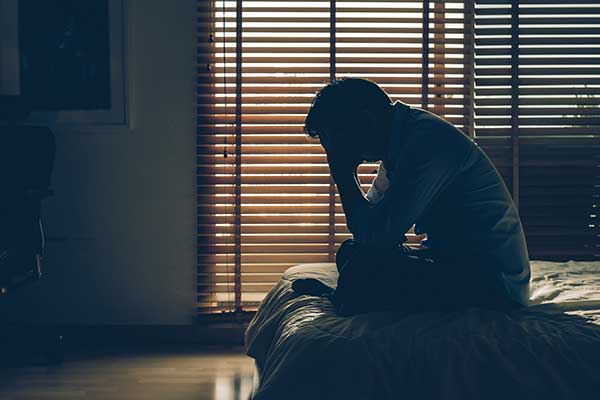Mark Richardson, Public News Service
Mental-health advocates say the new 988 Suicide and Crisis Lifeline could save the lives of many Arizonans and others facing a crisis.
The new three-digit number is a “shorthand” version of the previous 10-digit National Suicide Prevention Lifeline in use since 2005. The new number uses a caller’s area code to link them to local, confidential mental-health services regardless of their ability to pay.
Beth Brady, senior director of brand development for the crisis service Solari, which along with La Frontera manages the system in Arizona, said while three-digit access is a new wrinkle, the state has a history of providing crisis services.
“In Arizona, we have been answering the National Suicide Prevention Lifeline calls for almost a decade,” Brady pointed out. “I think one of the things that’s important to note is that 988 is being unveiled as this new thing, but actually it’s an evolution of the 10-digit national suicide prevention number.”
Congress approved the 988 system in 2020, and it became operational earlier this month. Brady noted it provides 24/7 access to more than a dozen Arizona assistance programs for individuals experiencing thoughts of suicide, a mental-health or substance-use crisis, or any other type of emotional distress.
The need for crisis services is growing. The Centers for Disease Control and Prevention reported in 2020, Arizona’s suicide rate was 17.6 per 100,000 people, with almost 1,400 deaths, well above the national rate of 13.5 with 46,000 deaths.
Brady believes many of those lives can be saved if it is easier to find help.
“You would never think twice if you are having a heart attack to contact 911,” Brady emphasized. “I think that one of the really exciting things that we aren’t talking about as much yet is how 988 is going to change the conversation.”
Brady added distressed individuals often suffer in silence, but if people see someone who appears to be in crisis, they should reach out to 988.
“The person needs to be willing to get help and treatment,” Brady acknowledged. “But as a friend or family member, you can absolutely call, get resources, maybe get some suggestions for how to best approach the person that you’re worried about.”









